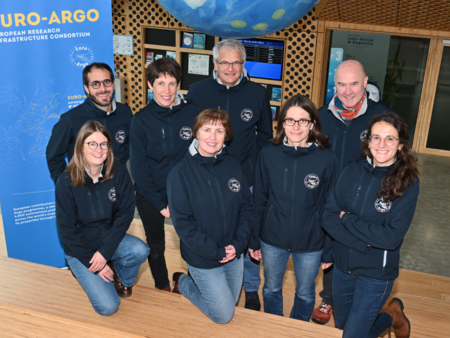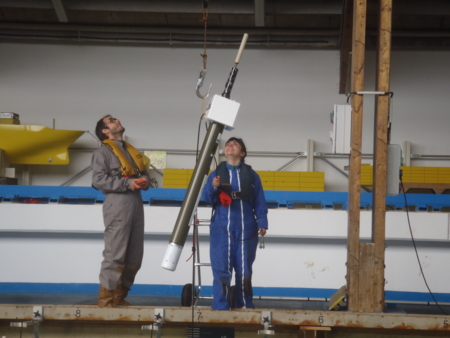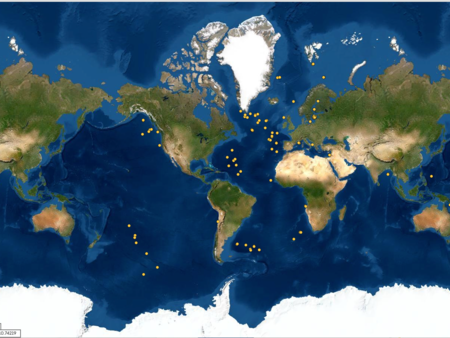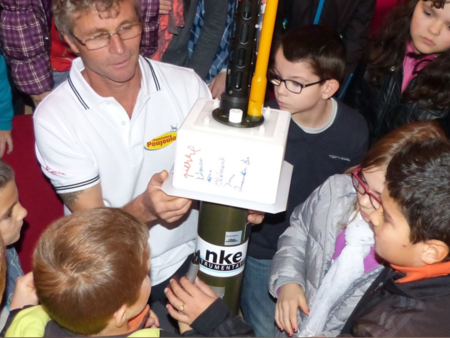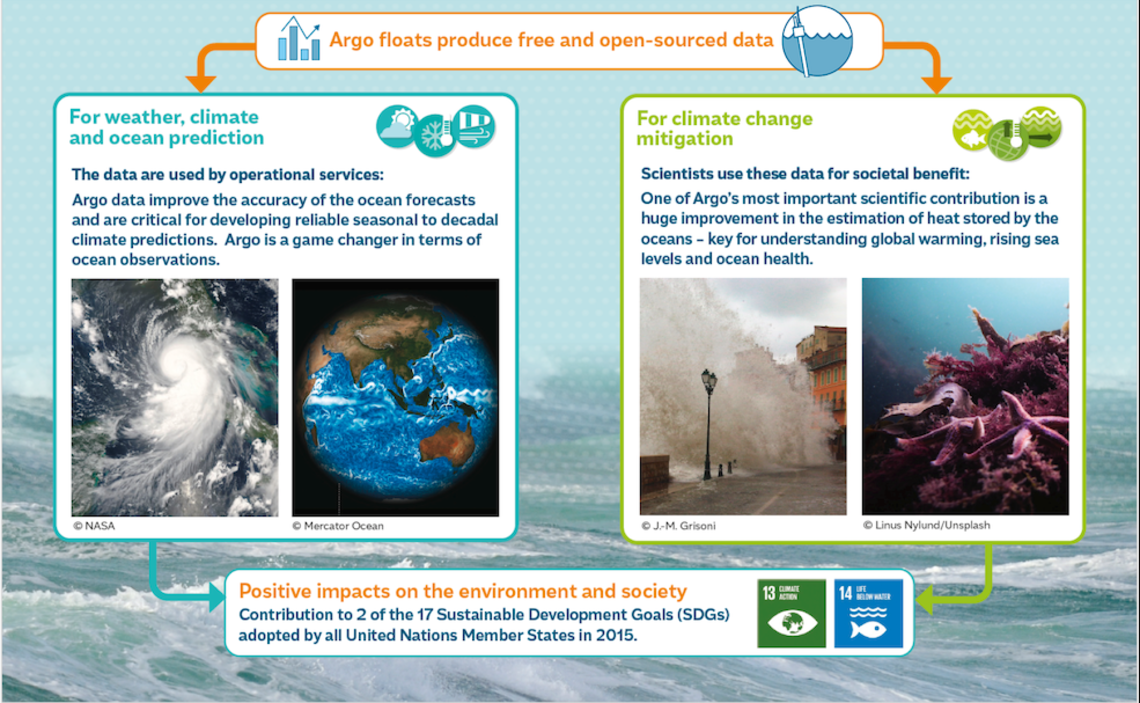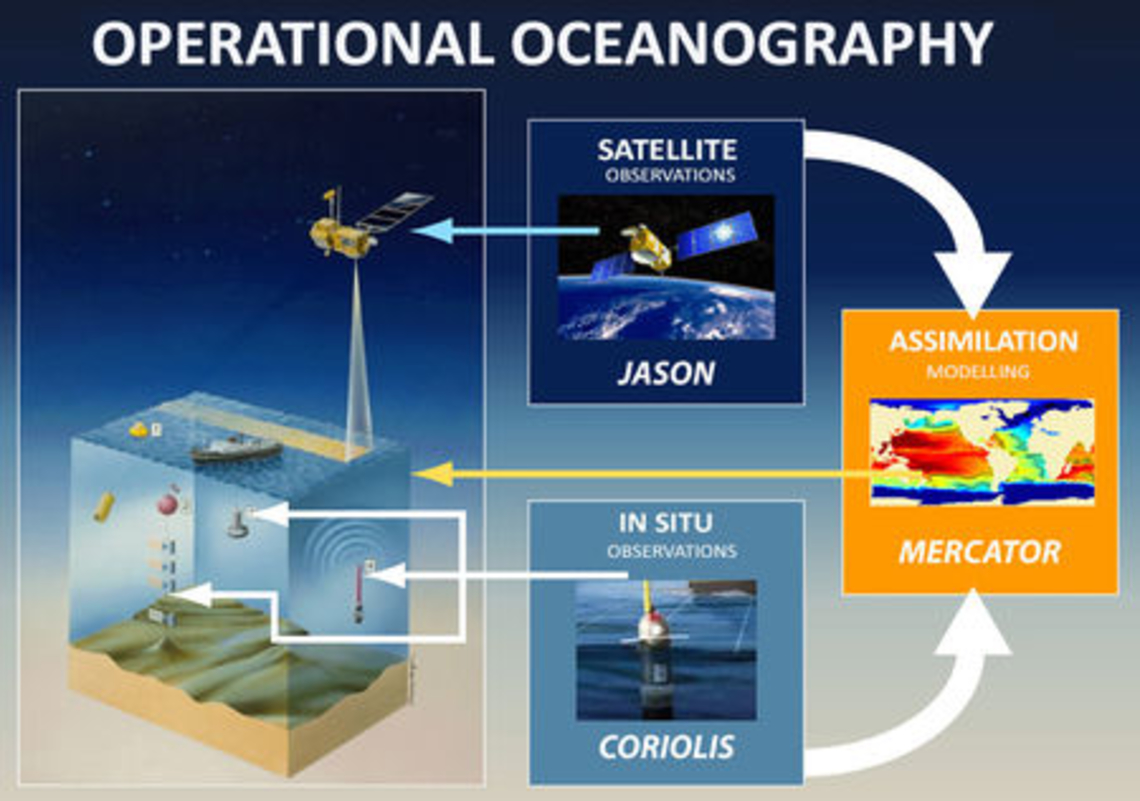Who needs Argo floats secret revelations?
Argo floats precious data is used by a wide range of scientists:
What oceanic processes are scientists trying to explain?
- The scientific community relies on Argo floats data to understand the ocean’s physical processes, to predict climate change or global sea-level rise* for instance. Thus, the ocean plays a major role in the earth’s climate, since it stores, transports and exchanges large amounts of heat, water and gases. In addition, the ocean’s chemical composition influences phytoplankton production* and affects other plankton communities. It triggers a cascade effect* on the food chain* in its entirety, as well as the marine ecosystem. Argo floats also allow investigation of the ocean’s biogeochemical properties (key indicators of ocean health), thanks to the BGC-Argo dataset. Since 1990, more than 3300 scientific papers have been published by the Argo community!
- The operational oceanography also uses Argo floats data. Operational Oceanography is like weather monitoring and forecasting for the ocean. It can provide estimates of essential ocean variables – e.g. sea level, temperature and currents – for the present and the future, as well as for the past. Operational oceanography relies on the long-term measurements of the ocean and atmosphere. Operational Oceanography usually proceeds by the rapid transmission of observational data to data assimilation centres. There, powerful computers using numerical forecasting models process the data. The outputs from the models include for instance warnings (of coastal floods, ice and storm damage, harmful algal blooms* and contaminants, etc.), electronic charts, optimum routes for ships, prediction of seasonal or annual primary productivity*, ocean currents, ocean climate variability, etc.
© Coriolis
To monitor and forecast the ocean behavior, operational oceanography centres use measurements (from ships, moored or drifting autonomous systems, such as Argo floats and sea-surface satellite-observation) and ocean circulation models*.
What information do scientists need to study the ocean?

